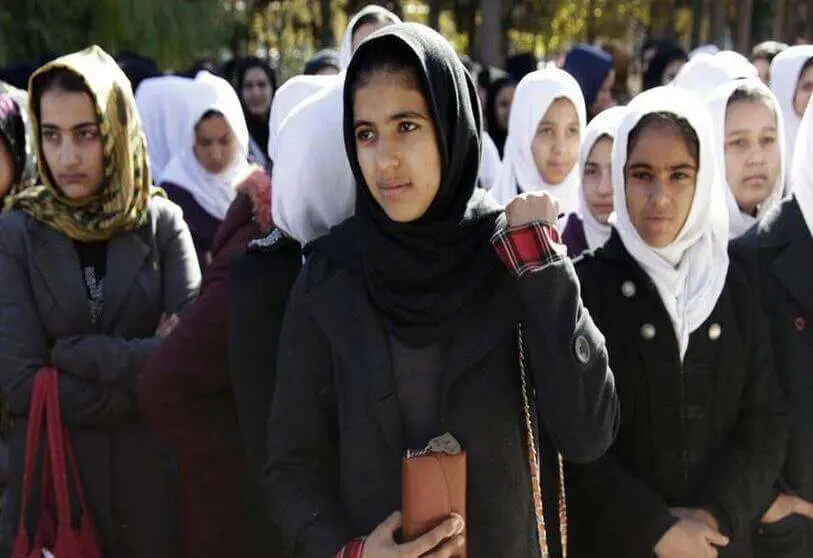Denial of women's rights in Afghanistan will cause social destabilisation in the country

The UN High Commissioner for Human Rights urged Afghanistan's de facto authorities to immediately reverse a series of policies that attack the rights of Afghan women and girls, warning that they will not only cause "a terrible ripple effect" on their lives but will destabilise the country.
"No country can develop - or even survive - socially and economically with half of its population excluded," said Volker Türk.
"The incomprehensible restrictions imposed on women and girls will increase the suffering of all Afghans and pose a risk beyond Afghanistan's borders," he added.
Türk stressed his call on the de facto authorities to respect and protect the rights of all women and girls to be seen, heard and involved in all aspects of Afghanistan's social, political and economic life, as set out in the country's international obligations.
On 24 December, the de facto authorities issued a decree banning women from working in non-governmental organisations (NGOs).
The measure came on top of the suspension of university education for women and secondary education for girls until "further notice".
"Banning women from working in NGOs will deprive them and their families of their income and their right to contribute positively to the development of their country and the welfare of their fellow citizens," the High Commissioner said.
NGOs bring vital assistance to many people in Afghanistan, including food, water, shelter and medical care. In addition, their pre- and post-natal and child care programmes are provided exclusively by women.
Many of these agencies, often staffed and run by women, are essential partners of the UN and other agencies administering humanitarian and development projects throughout Afghanistan.
"The ban will significantly affect, if not destroy, the ability of these NGOs to provide the essential services that so many vulnerable Afghans depend on," Türk lamented.
The head of the Human Rights Office considered the move all the more serious because it comes in the middle of winter, when humanitarian needs are at their greatest and the work of relief agencies is critical.
Volker Türk also expressed grave concern that increased hardship in society may increase the vulnerability of women and girls to sexual and gender-based violence, as well as domestic violence.
"Women and girls cannot be denied their inherent rights," he stressed.
"Attempts by the de facto authorities to relegate them to silence and invisibility will not succeed; they will simply harm all Afghans, exacerbate their suffering and impede the country's development. Such policies cannot be justified in any way," the High Commissioner concluded.








